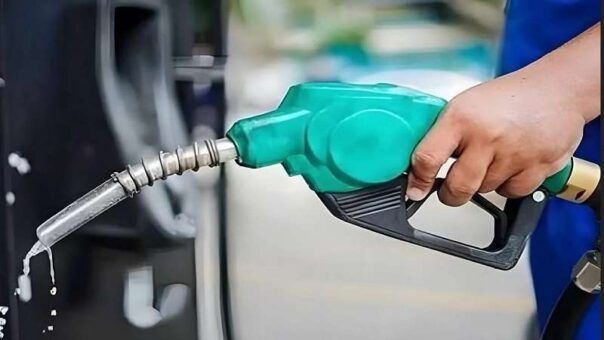Islamabad, November 7, 2025 — Pakistanis are bracing for yet another financial hit as the federal government plans a sharp increase in the petroleum levy over the next five years — a move designed to meet IMF-backed revenue targets but likely to further strain consumers already battling inflation.
According to official documents, the government aims to raise petroleum levy collection from Rs1.22 trillion in FY2024-25 to a staggering Rs1.96 trillion by FY2029-30 — an increase of Rs740 billion. The plan was developed in consultation with the International Monetary Fund (IMF) as part of Pakistan’s long-term fiscal reform agenda.
💰 A steady climb in collections:
The petroleum levy, classified as non-tax revenue, has become a key revenue source for the government. Data shows that collection under this head was Rs294 billion in FY2019-20, crossing the Rs1 trillion mark for the first time in FY2023-24, when the government collected Rs1.019 trillion.
📉 Sales tax relief, but no real ease for citizens
Although the government has kept sales tax exemptions on petroleum products and claimed it helps control inflation, the growing petroleum levy continues to hit consumers directly through fuel prices. The Federal Board of Revenue (FBR) also excluded this exemption from its tax expenditure report for 2023-24, arguing that the levy already substitutes sales tax.
“In FY2022-23, sales tax exemption on POL products was not treated as an expenditure since consumers were already paying the Petroleum Development Levy (PDL),” the FBR clarified in its report.
⚙ What it means for the public
Experts warn that this steady rise in the levy will likely increase fuel costs, pushing up transportation and commodity prices, and further inflating the cost of living. For everyday citizens, the so-called “non-tax revenue” is already feeling like a heavy tax burden in disguise.
